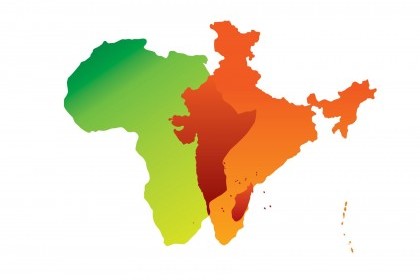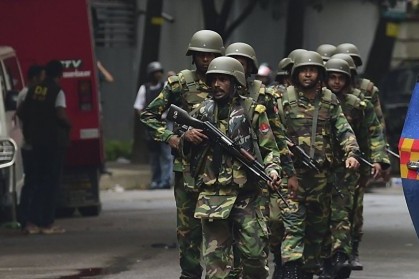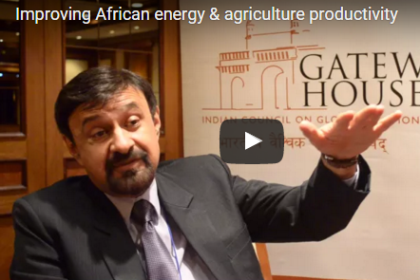Gateway House and Oxford University Press join hands to promote excellence in academic research
New Kerala wrote an article on the partnership between Gateway House and Oxford University Press, and its first product, a book by Nish Acharya, Visiting Fellow, India-U.S. Studies, Gateway House.









